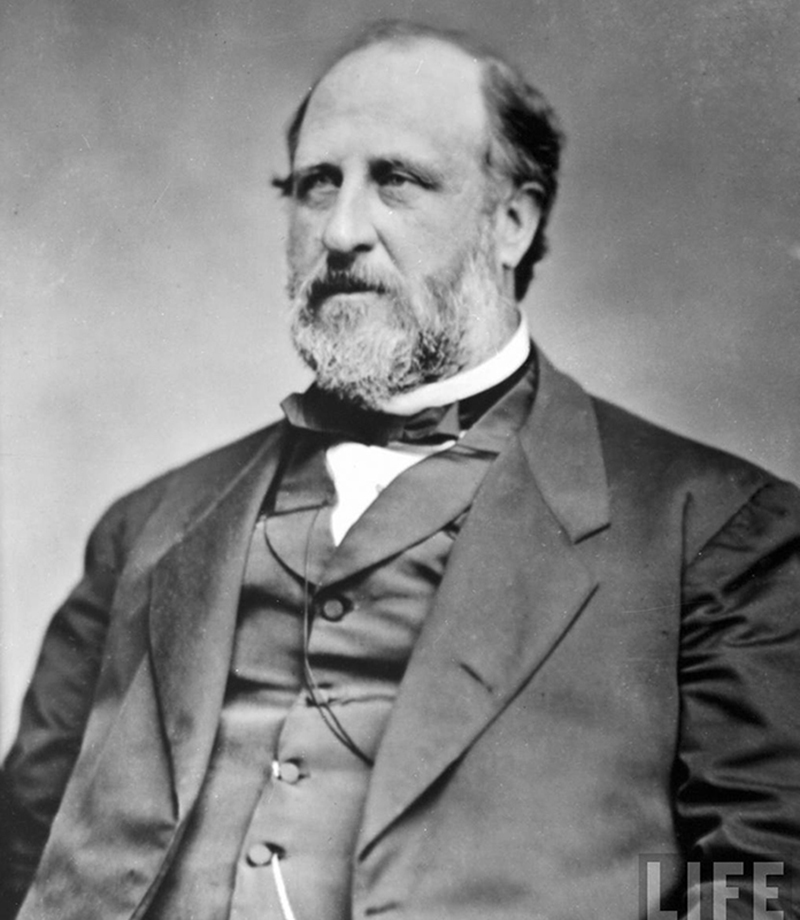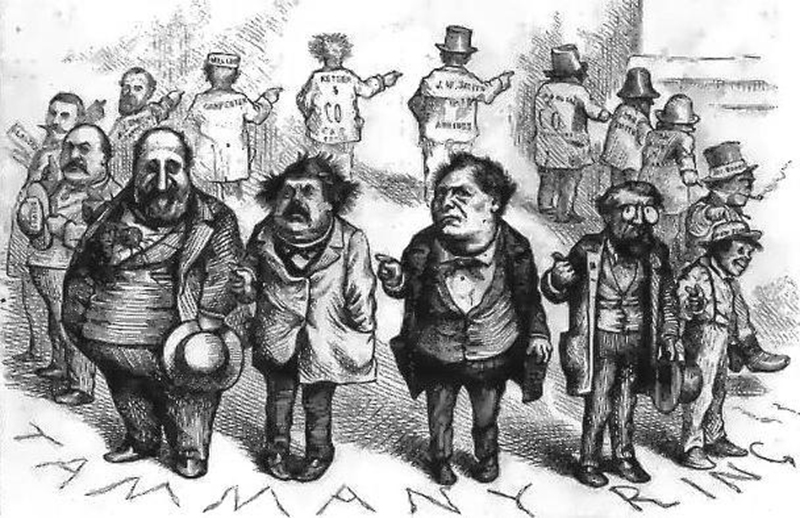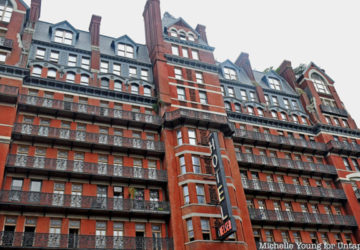3. Boss Tweed Potentially Saved a Republican Mayor’s Life
 Image via Wikimedia Commons
Image via Wikimedia Commons
In 1863, many of the city’s poor and the Irish (Tammany Hall’s primary constituency) partook in a violent riot against the conscription law that required them to pay $300 (otherwise they would be drafted into the army to fight for the Union). Tweed, who was deputy street commissioner at the time, took on the role of peacemaker and informed the Republican Mayor George Opdyke of the imminent threat of staying at City Hall, thus convincing him to flee somewhere else.
Later on, Tweed was able to leverage the good status he acquired for subduing the riot into a deal that gave drafting exemption to many of the poor. The ordeal and Tweed’s role begat a major political victory for Tammany.
2. Many Infamous Mobsters and Crime Families were Associated with Tammany
 Image via Wikimedia Commons
Image via Wikimedia Commons
Throughout its reign, Tammany had numerous ties with powerful politicians and the affluent elite, as well as mobsters and crime families. Mobster Lucky Luciano, considered to be the father of modern organized crime in the United States, was one such person who acted as Tammany’s link to the city’s other criminal figures.
Lucky Luciano was the first official boss of the modern Genovese crime family. He was tried and successfully convicted in 1936 by District Attorney Thomas E. Dewey; Dewey also convicted Tammany boss Jimmy Hines of bribery in 1939.
Tammany Boss DeSapio had close ties with the city’s lead mobster Frank Costello, who was Luciano’s self-appointed successor. Costello too, however, was convicted of tax evasion in 1956. Although he was released from prison after winning an appeal, Costello ultimately abandoned his role as the head of the Luciano crime family after a failed assassination attempt.





